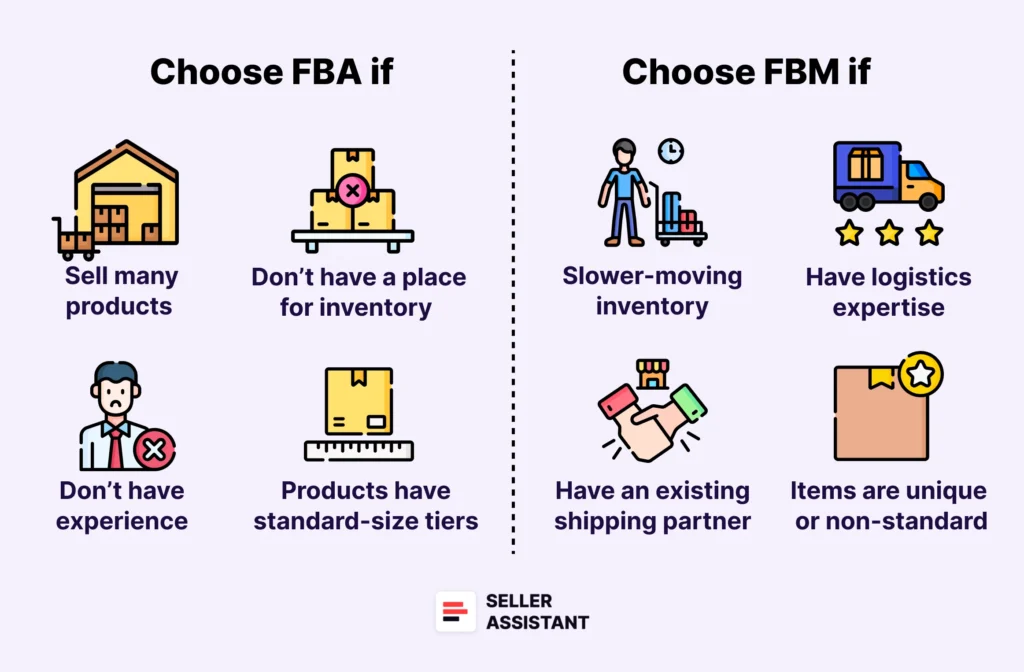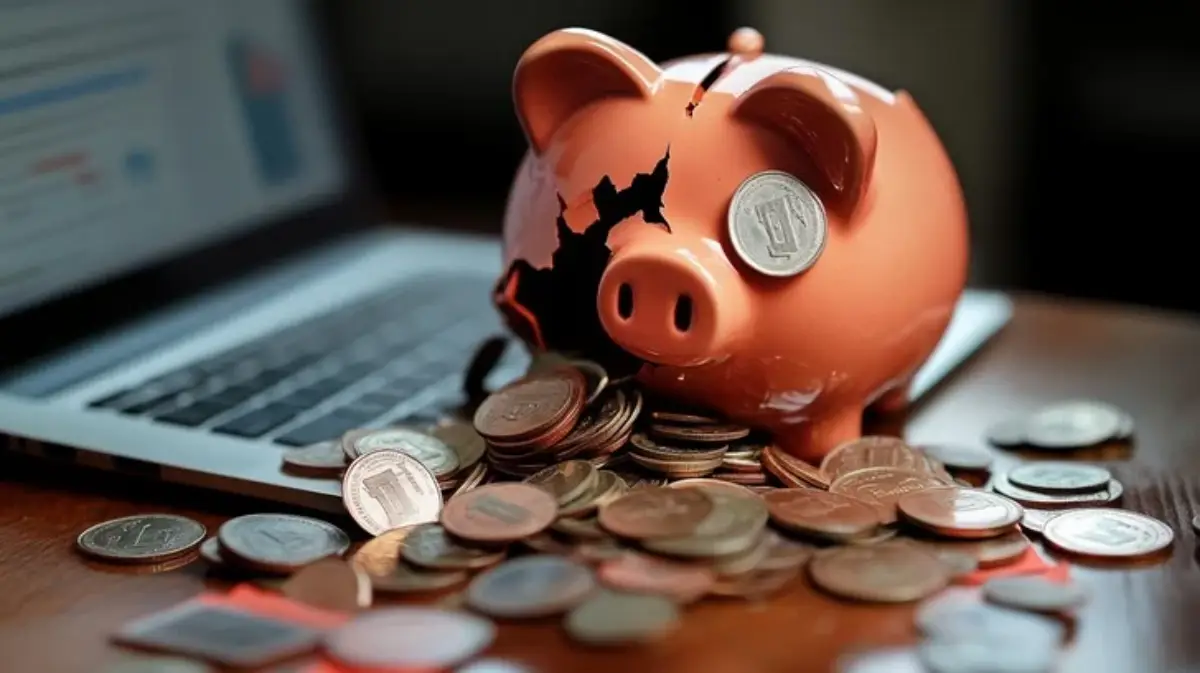A few months ago, a participant in Darren Campbell’s FBA Brand Builder (FBABB) programme reached out to us, defending it with unwavering passion. This individual criticised our reporting as unfair and even accused us of harbouring a “vendetta” against Darren Campbell and his team. They claimed their experience had been nothing short of life-changing, with support and mentorship far exceeding all expectations. In their own words:
"The help and support is the biggest thing in this program. At no point have I ever felt alone. In fact, I felt more alone at home, and that the mentors and the community were the only people I could relate to with regards to challenges and hurdles. I never missed a weekly call, and this is absolute nonsense. I could have a Zoom call organised in a heartbeat, and quite a few mentors would stay on after their weekly calls to support clients who had issues."
They dismissed our concerns about the inherent risks of Amazon FBA and the lack of transparency in FBABB, emphasising their confidence in the programme:
"I’ve had little to no trouble going through the various stages of the program, and I had no previous experience of e-commerce or selling on Amazon."
However, this week, that same individual posted in FBABB’s Mighty Networks community, admitting their product had failed and left them in financial turmoil. They shared:
"Christmas was an absolute disaster for me and my family because of this product, but I still believe in this program. It’s my fault for choosing the wrong product."
Their story is both heartbreaking and frustrating. It mirrors the broader pattern we’ve observed with FBABB: clients drawn in by grand promises, only to encounter the tough realities of Amazon FBA—and then be held responsible for their failures.
Denial, Defensiveness, and Shifting the Blame
In their initial emails to us, this individual not only sang FBABB’s praises but also took aim at our motives and credibility. They wrote:
"This feels like a vendetta to take this man down, and that in any walk of life is just not fair."
When we raised concerns about the financial viability of their product, they brushed us off, replying:
"All is great, Donald. Product is going well, and I’m onto product number 2. Thanks for reaching out and showing your concern."
Within the past few days, we noted that their first product was listed with a 45% discount—a clear sign it was struggling to sell and unlikely to turn a profit. Instead of taking this on board, they responded defensively.
Their emails followed a familiar pattern we’ve seen from FBABB supporters: an unwillingness to engage with hard evidence, coupled with vague platitudes about personal growth and mindset. For example, they insisted:
"The programme gave me everything I needed to succeed, not just templates or tools, but real mentorship and guidance to make decisions that work for me."
Yet their recent post on Mighty Networks paints a very different picture.
The CoffeeZilla Warning: Amazon FBA’s Flawed Model
This individual’s struggles are far from an isolated case. Investigative YouTuber CoffeeZilla delved into the systemic problems with Amazon FBA in his 2020 video, “Amazon FBA: You’re Better Off Just Getting a Job.” His insights are as relevant now as they were then, with the challenges he outlined only becoming more pronounced over time.
1. Over-Saturation
In the video, CoffeeZilla pointed out:
"The marketplace is so crowded now that it’s next to impossible for new sellers to stand out, especially in competitive niches."
Fast forward to 2025, and Amazon’s marketplace has swelled to over six million sellers, with most niches firmly controlled by established brands and manufacturers. For newcomers, carving out a space has become an almost impossible challenge.
2. Rising Costs
CoffeeZilla also pointed out:
"You’re paying for inventory, PPC ads, Amazon’s fulfillment fees, and shipping costs—all of which eat into your profit margins."
These costs have only skyrocketed since then. Amazon has increased its FBA fees multiple times, and the average seller now spends over $3,000 per month on pay-per-click (PPC) advertising alone. For many, these mounting expenses outweigh their revenue, leaving them operating at a loss.
3. Dependency on PPC Advertising
As CoffeeZilla observed:
"Amazon PPC isn’t optional; it’s a necessity. But for new sellers, ad costs can quickly outpace revenue, leaving you with a loss."
By 2025, the competition for PPC has only intensified, pushing costs even higher and further squeezing already thin profit margins.

Amazon FBA in 2025: A Bleak Outlook
Recent data offers a stark assessment of Amazon FBA’s viability:
- Profitability: Fewer than 10% of new sellers manage to turn a profit within their first year, according to a 2025 report on Amazon FBA.
- Attrition: 57% of new sellers quit within two years, citing financial losses and a lack of support.
- Financial Strain: The average cost to launch a single product now exceeds $15,000, factoring in inventory, advertising, and Amazon fees.
These statistics reflect the experiences of many FBABB clients, who often end up financially strained and feeling unsupported after investing £6,500 in the programme.
Read "Is Selling on Amazon FBA Still Worth It in 2025?" for more information.

Addressing the “Spiteful” Accusation
The individual accused us of taking pleasure in their hardships, writing:
"You taking pleasure in another man's problems tells me everything I need to know about you."
Let’s set the record straight. When they first reached out, we genuinely tried to warn them about the risks of Amazon FBA and the shortcomings of FBABB. Instead of considering our concerns, they dismissed them, accused us of bias, and even reshared Darren Campbell’s defamatory video targeting whistleblowers.
Now, as they grapple with financial ruin, they still refuse to place any blame on the programme, instead saying:
"It’s my fault for choosing the wrong product."
But the fault doesn’t rest solely with their product. FBABB sold them a flawed system from the start.

The Root Cause: A Flawed Business Model and Misleading Mentorship
The individual’s insistence on taking full responsibility for their failure highlights a deeper issue within FBABB: a culture of deflection that shifts the entire burden of success onto clients, even when the business model itself is inherently flawed. Darren Campbell and his team continue to market Amazon FBA as a reliable route to financial freedom, despite growing evidence to the contrary.
In one of their emails, the individual claimed:
"When a business fails or succeeds, short term or long term, it’s all down to the brand and business owner."
This perspective completely overlooks the systemic challenges inherent in Amazon FBA, such as soaring costs, fierce competition, and Amazon’s policies that often benefit larger, well-established sellers. It also conveniently lets FBABB off the hook for misleading clients and failing to offer sufficient support.s FBABB of any accountability for misleading clients or failing to provide adequate support.

The Myth of the "Supportive Community"
When the individual first reached out to us, they spoke highly of FBABB’s community, describing it as a safe and uplifting space:
"The community has always been a safe place for everyone to speak freely. It’s where I found not just mentors, but friends who truly understand what it means to go after your dream."
But their recent post on Mighty Networks tells a very different story. Facing financial loss and personal struggles, they sought support from the community, only to find themselves questioning their decisions for continuing this journey.
This stark contrast reveals an unsettling truth: while FBABB’s community is marketed as a pillar of strength and solidarity, it often falls short when members need genuine help the most.

CoffeeZilla’s Warning on Cult-Like Environments
In his video, CoffeeZilla cautioned against the dangers of echo chambers in FBA programmes:
"These communities aren’t about critical thinking or problem-solving; they’re about keeping everyone motivated to keep spending money, no matter the results."
FBABB’s Mighty Networks community is a prime example of this problem. Posts celebrating small victories or echoing Darren Campbell’s motivational rhetoric are amplified, while those expressing criticism are often silenced or dismissed. This dynamic fosters a toxic environment where genuine concerns are ignored, and the focus shifts to sustaining the illusion of success.
This has been further reinforced by Darren Campbell’s new 2025 initiative, offering a monthly cash reward to the most positive person in the community.

The Reality of FBABB’s “Success Stories”
FBABB often showcases its success stories as evidence of the programme’s effectiveness. However, as we revealed in a recent article, even its most prominent figures, like Ryan Stewart and Ryan Tweed, have faced challenges in achieving substantial financial success. Publicly available data shows their earnings from Amazon FBA fall short of the average Northern Irish salary, despite years of experience and significant investments.
For new sellers, the outlook is even bleaker. With fewer than 10% turning a profit and over half quitting within two years, the dream of Amazon FBA success remains out of reach for all but a lucky few.
The True Cost of FBABB’s False Promises
This individual’s story sheds light on the crushing financial and emotional toll of FBABB’s flawed approach. Beyond the £6,500 programme fee, they’ve likely spent thousands more on inventory, advertising, and Amazon fees. Their first product, discounted by 45%, shows little chance of breaking even, let alone generating a profit. Yet now, they’re pushing ahead with a second product—doubling down on a failing strategy.
This cycle of relentless investment and mounting losses is all too familiar for FBABB clients. Many feel trapped, unable to recover their initial investment without sinking more money into new products or ad campaigns. Meanwhile, Darren Campbell and his team continue to profit, offering minimal accountability and little meaningful support.
The Real Culprit: FBABB’s Systemic Failures
Blaming yourself for failing in FBABB’s programme overlooks the bigger issue: the system is rigged against you. FBABB outsources critical tasks like PPC management to freelancers who often lack the necessary experience or, in some cases, aren’t even paid. This leads to poorly executed ad campaigns that bleed your budget dry. Branding, supposedly a vital element of success, is also outsourced to cheap freelancers with little oversight, leaving many clients stuck with generic or error-ridden designs.
And then there’s the USPTO trademark scandal. FBABB’s unqualified “attorneys” mishandled over 130 trademark applications, preventing clients from accessing Amazon’s Brand Registry. Fixing these errors has cost clients thousands of pounds.
You didn’t hire unvetted freelancers. You didn’t file fraudulent trademarks. FBABB did. The blame lies with a programme that prioritises its own profits over your success—not with you.

Who Are the Real "Pricks"?
In their latest email, the individual accused us of being spiteful, saying:
"You reap what you sow in this life. Thanks for the email."
Let’s take a moment to consider this. Are we the “pricks” for trying to warn them months ago, before financial ruin became a reality? For questioning their claims of success when the evidence pointed to trouble? From where we stand, we see someone who needs help but refuses to accept it.
The true culprits here are those who sold them the dream of Amazon FBA success without being honest about the risks. Darren Campbell and his team have designed a system that profits from clients’ failures while deflecting blame and silencing criticism. That’s where the responsibility lies—not with us, and not entirely with the individual who bought into their sales pitch.

You're Pointing Blame in the Wrong Direction
This individual’s story is a painful reminder of the harm FBABB can inflict. While they bear some responsibility for their decisions, the majority of the blame rests with Darren Campbell and his team, who continue to promote a business model that is increasingly unsustainable.
Amazon FBA is not the golden ticket to financial freedom that FBABB advertises. It’s a high-risk, high-cost venture that leaves most participants worse off than when they began. Until Darren Campbell and his team take accountability for their actions and provide full transparency, this cycle of false promises and financial devastation will persist.
If you’re thinking about joining FBABB or starting an Amazon FBA business, we urge you to do your homework. Look beyond the hype, question the so-called success stories, and ask yourself if this is truly the right path. And if you’ve been impacted by FBABB, know that we’re here to listen—and to expose the truth.

